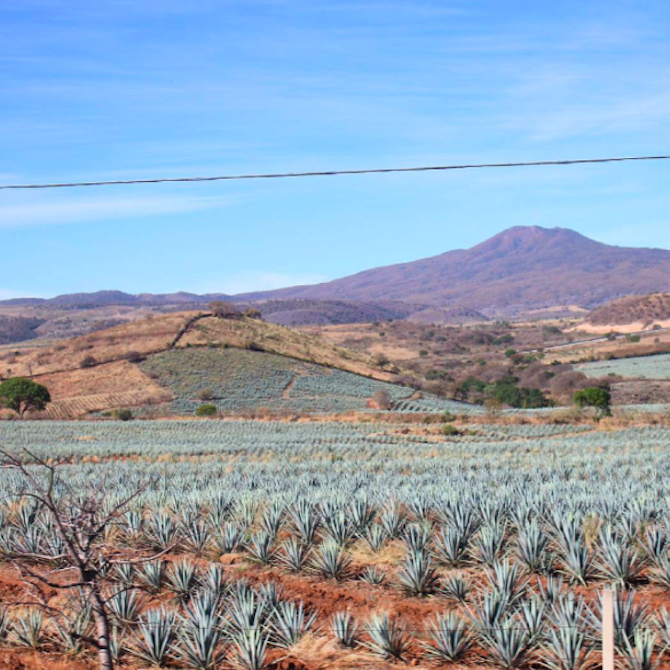Even the least nutritionally in-tune person knows that sugar is not the greatest for you. Over the past few years, however, the harmful effects of sugar have been brought to light more than ever before. New information about the way sugar can wreak havoc on the body has led to the rise of sugar alternatives, including a popular “natural” alternative called agave nectar.
Agave nectar is sourced from the sap of the agave plant, most commonly associated with and grown in dry regions of Mexico. The sweetener has been marketed as a natural, healthy alternative to white sugar that is safe for diabetics because it does not raise blood sugar levels.

Photo courtesy of @helenn.v on Instagram
Like most food products sourced from plants, agave likely does have some health benefits in its natural state. However, what is sold to consumers is a highly processed version of the nectar that has little to no nutritional value remaining. The healthy fructans in the nectar, commonly associated with increasing metabolism and holding insulin levels steady, are destroyed in the manufacturing process of the sweetener.
In fact, the manufacturing process of agave nectar has a lot in common with the manufacturing process of high fructose corn syrup. Both sweeteners are heated to temperatures that create fructose, a compound that has harmful effects on the body, (including, but not limited to, increasing the body’s tendency to accumulate fat and the risk of developing health issues such as metabolic syndrome and type II diabetes).
Healthy alternatives to white sugar and high fructose corn syrup do exist; however, agave nectar is not one of them. Examples of safe alternatives include stevia and xylitol.

Photo courtesy of @ohnlybio on Instagram
Agave nectar, like so many other food products, was made popular by powerful marketing campaigns that created a healthy, natural image for the sweetener that simply was not accurate. The truth behind agave nectar demonstrates the importance of researching rather than blindly following new food trends, especially when these trends involve nutrition and health.


